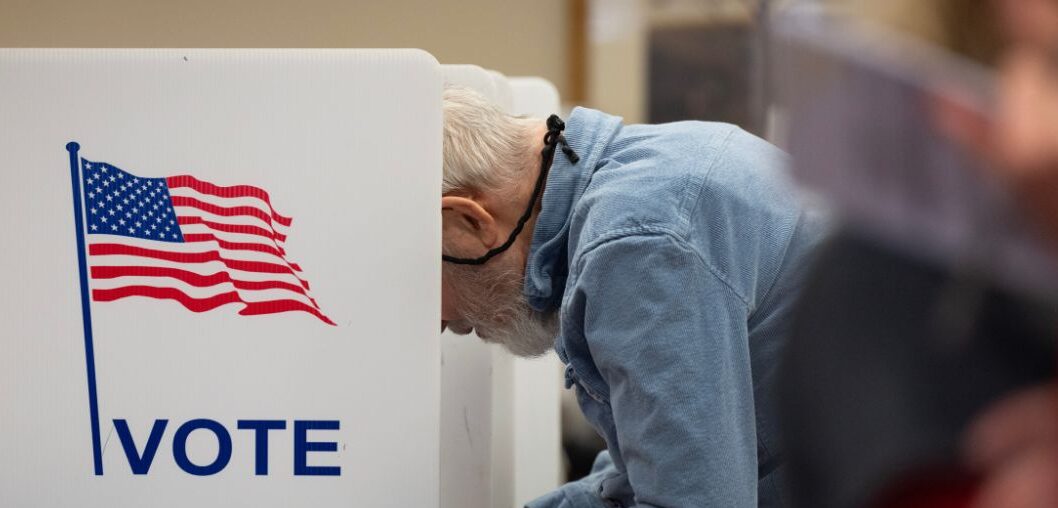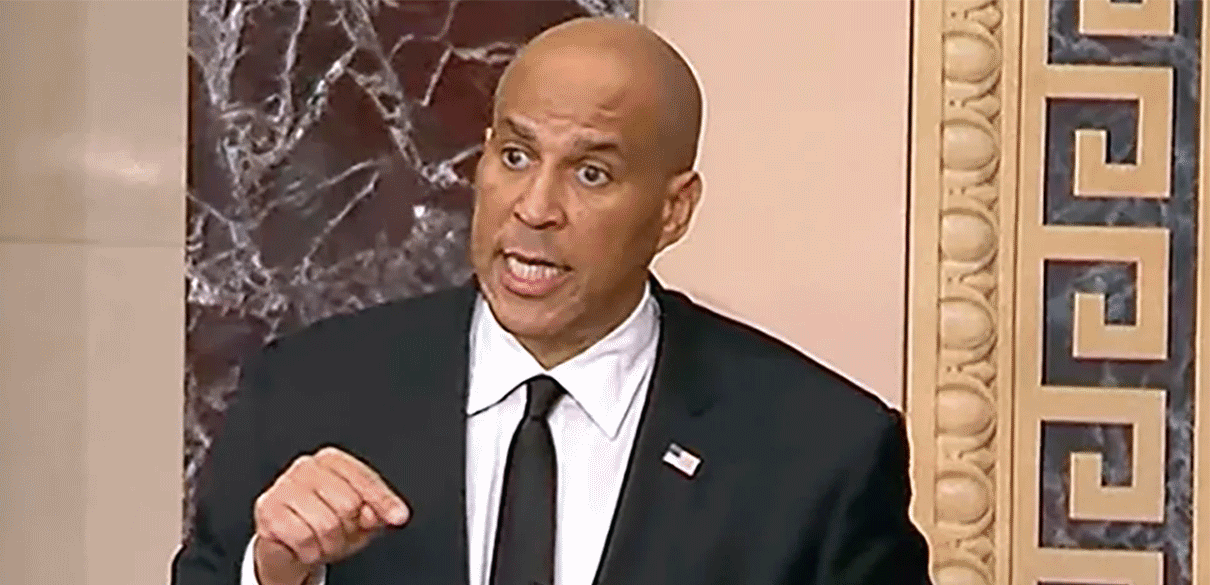On Tuesday, Wisconsin voters decisively approved a constitutional amendment to solidify voter identification, one of the most contentious elements of modern election law.
Known as Wisconsin Question 1, the measure received a resounding 62.7% of the vote, according to tallies published by The New York Times. While the state already mandates ID at the polls, this amendment takes it a step further by embedding the requirement into the state’s constitution, effectively shielding it from being easily repealed or altered by future legislatures or court rulings.
The amendment’s language is straightforward but potent, proposing a new section that mandates all voters must present valid photographic identification to vote in any election. While this won’t change procedures overnight—Wisconsin already had one of the strictest voter ID laws in the country—it is an unmistakable shot across the bow in the ongoing debate over election integrity versus access.
Wisconsin voters yesterday also overwhelmingly supported adding to state constitution requirement voters “present valid photographic identification verifying their identity in order to vote in any election, subject to exceptions which may be established by law.” pic.twitter.com/kwhvg4iDAu
— Jake Tapper 🦅 (@jaketapper) April 2, 2025
Republicans, long proponents of stricter ID laws, were quick to celebrate. President Donald Trump declared the win the “biggest of the night,” suggesting it would help cement Republican victories in Wisconsin “for many years to come.” His statement underscored the symbolic weight of the amendment in a state that has become a linchpin in national elections.
Senator Van Wanggaard, a Republican who co-authored the amendment, praised its passage as a guardrail for democratic integrity, regardless of future political shifts in Madison. His point is well taken—constitutional amendments require far more political capital to overturn than regular legislation, effectively setting the voter ID law in stone.
But Tuesday’s election wasn’t all red. In a critical parallel contest, liberal judge Susan Crawford defeated Republican Brad Schimel in the state Supreme Court race, preserving a 4-3 liberal majority on the bench. This means that while Republicans scored a structural victory with the amendment, their influence on the judiciary remains limited.
“Will end election fraud”: US President Donald Trump signed an executive order under which voters will have to prove that they are US citizens. The official order cited the example of India and Brazil for biometric database for voter identification.
So will Trump’s next order be… pic.twitter.com/zEU3d2Wkqh
— Dhirendra Pratap Singh (@dheerendra075) March 27, 2025
Elsewhere, Republicans picked up two House seats in Florida, expanding their majority to 220–213 in the U.S. House. These wins give the GOP some legislative breathing room, but the ideological clash over voting laws remains front and center—and Wisconsin just added constitutional weight to one side of the fight.
The ballot box has spoken, and Wisconsin’s message is loud and clear: voter ID is not just a law—it’s now a foundational principle.



